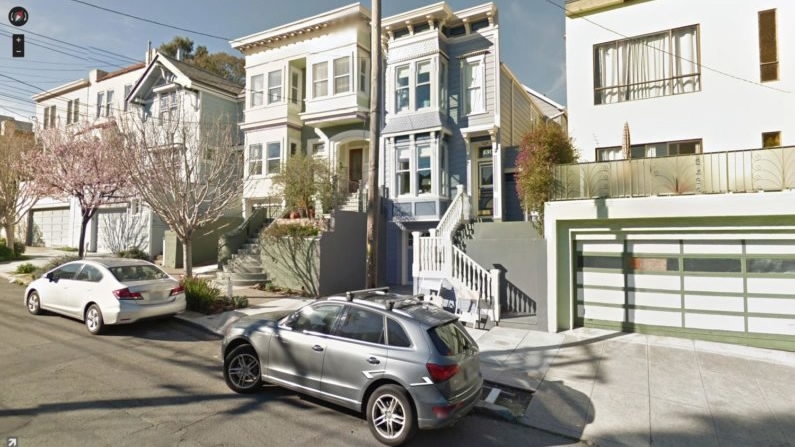
AI
20:59, 29-Nov-2017
Researchers find cars could reveal owners' political leanings

Researchers have developed an artificial intelligence (AI) technology that could reveal people's political leanings by their cars.
Fei-Fei Li, associate professor of computer science at Stanford University, led a team who used computer algorithms to analyze millions of publicly available images on Google Street View, and then determined the political leanings of a neighborhood by looking at the cars on its streets.
Their study, published Tuesday in the official journal of the US National Academy of Sciences, found a "simple linear relationship" between cars, demographics and political persuasion.
For instance, if a neighborhood has more sedans than pickups, there is an 88 percent chance that it will vote for Democrats.
But if the neighborhood has more pickups than sedans, there is an 82 percent possibility the vote will go to Republicans, according to Li's study.
"Using easily obtainable visual data, we can learn so much about our communities, on par with some information that takes billions of dollars to obtain via census surveys," she said in a press release issued by the university Tuesday.
"More importantly, this research opens up more possibilities of virtually continuous study of our society using sometimes cheaply available visual data," said Li, who is also director of the Stanford Artificial Intelligence Lab and the Stanford Vision Lab, where the research was done.
The method recognized the make, model and year of manufacturing of every car produced since 1990 in over 50 million Google Street View images from 200 American cities. Then the data on car types and location were examined against a comprehensive demographic database and also compared with the presidential election voting data to estimate demographic factors such as race, education, income and voter preferences.
Li's research was conducted on a publicly available, regularly updated image database built and paid for by Google Street View. It generates analyses in near real time.
It took only two weeks for Li's AI algorithm to sort the cars in all 50 million images into 2,657 categories by make, model and year.
The same task would cost a human 15 years even if it was done at a relatively high rate of six images a minute.
(Top photo credit: Google Street View via Stanford News.)
Source(s): Xinhua News Agency

SITEMAP
Copyright © 2018 CGTN. Beijing ICP prepared NO.16065310-3
Copyright © 2018 CGTN. Beijing ICP prepared NO.16065310-3